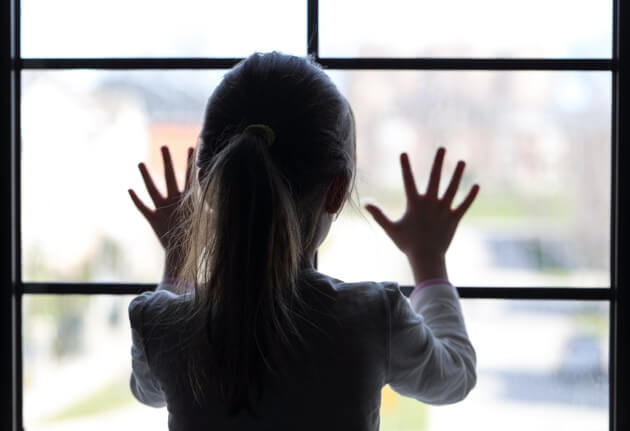
One of the greatest challenges divorced parents face is adequately meeting their children’s needs during and after the divorce. While most parents pay lip service to focusing on the wellbeing of the children, sadly that’s not always the case.
Divorcing and divorced parents can become overwhelmed by the emotional upheaval they are experiencing, especially if they don’t chose a positive divorce platform. After marinating in the anger, hurt, resentment, guilt, shame, blame and other conflicting emotions for so long, some lose their capacity to empathize with what their children are going through. Or they just stop caring. Other parents need parenting themselves. They don’t have the ability to put their own needs aside to address the turmoil they see in their children.
More than ever before co-parents need to feel and show compassion for their children. So often kids are feeling frightened, confused, guilty, angry, ashamed or resentful. Put yourself in your children’s shoes. See the divorce from their perspective – as a four, ten or fifteen year old. The experience is quite enlightening.
There are two crucial needs your child has before, during and long after the divorce takes place. If you meet these needs you are giving your child a vital gift. It’s a gift that will help them not only survive – but really thrive, despite the divorce.
1) Let your children love and be emotionally close to both parents.
Children do best when both of their parents are in their lives expressing love, acceptance and support. Divorce doesn’t have to change the love they receive and feel from their parents. That’s if both are allowed to express that love freely.
When parents get resentful or jealous of one another, they often play games with the kids. Frequently they ask the children to choose whom they love more or prefer to be with. These parents are setting those children up for heartbreak, disappointment and emotional wounds that can last a lifetime.
Regardless of your personal perceptions, never make your child feel bad for loving their other parent. It tears them apart and deprives them of the love they have a right to enjoy from both parents. Loving your Ex doesn’t mean they don’t love you or care about your feelings. Don’t make them have to choose between you.
2) Let your children be loved by both parents.
Showing your children how much you love and treasure them is especially important during difficult times such as a divorce. But depriving them of the love from their other parent is emotional torture for a child who innately loves you both.
You may find your Ex to be a poor parent and a despicable spouse who is unworthy of your child’s love. But in the eyes of your child that’s their mom or dad. They see someone who loves them and wants to express it – even if you don’t always approve of their approach.
It’s a serious mistake to badmouth your Ex to the children or others around them. Or to keep them from scheduled dates and visitations. Equally offensive is not inviting the other parent to children’s special events. These are all forms of parental alienation. It’s selfish, mean-spirited and a poor way to role model mature, effective parenting. Equally significant, your child is likely to turn on you with anger when they grow up. They will resent your comments, behavior and hurtful approach to parenting. Why take that risk?
Life is far easier for divorced parents who give their children these two precious gifts: the freedom to love both parents and the freedom to feel loved by both parents as well.
All children deserve to love and be loved. Be the role model they will learn from and respect by sharing the wisdom and compassion that come with these valuable life lessons.
*** *** ***
Rosalind Sedacca, CDC is the founder of the Child-Centered Divorce Network, a Divorce & Co-Parenting Coach and author of numerous books and e-courses on divorcing with children and co-parenting successfully. For instant download of her FREE EBOOK on Doing Co-Parenting Right: Success Strategies For Avoiding Painful Mistakes! go to: childcentereddivorce.com/book
Please share this article on social media!
© Rosalind Sedacca All rights reserved.




